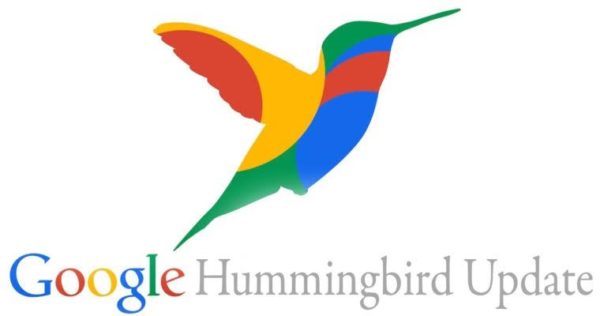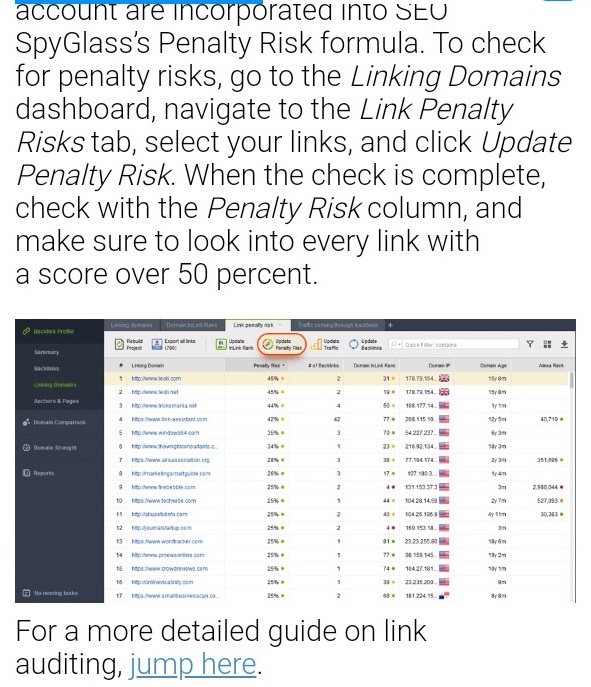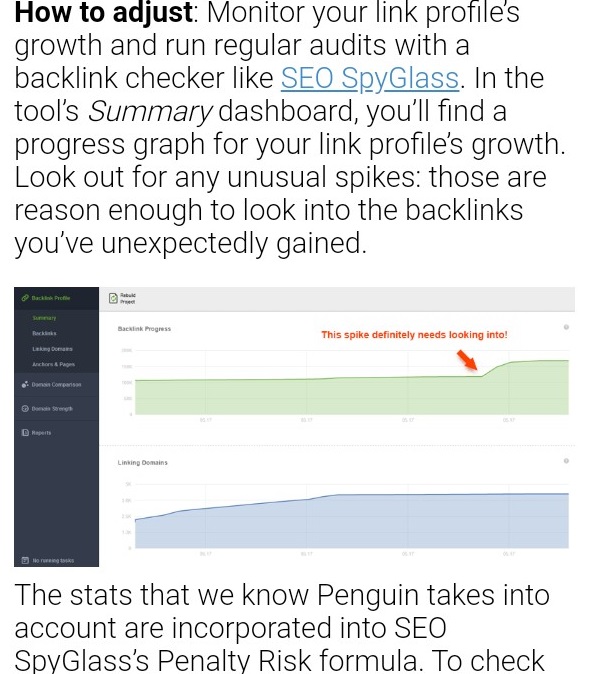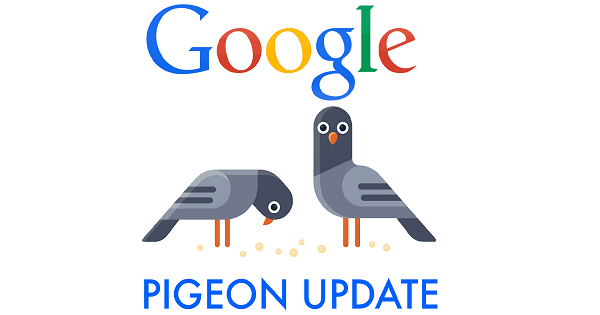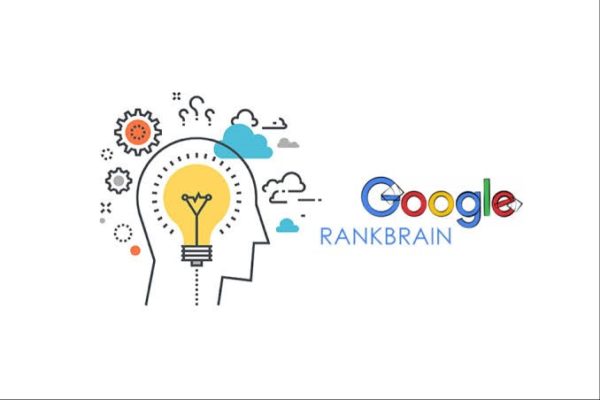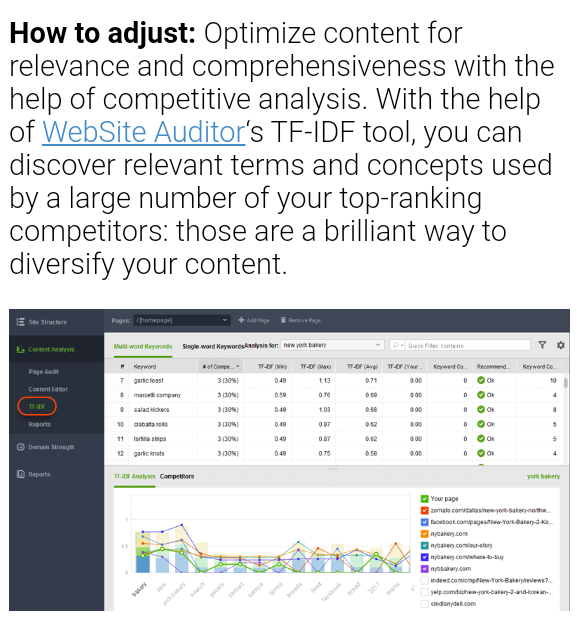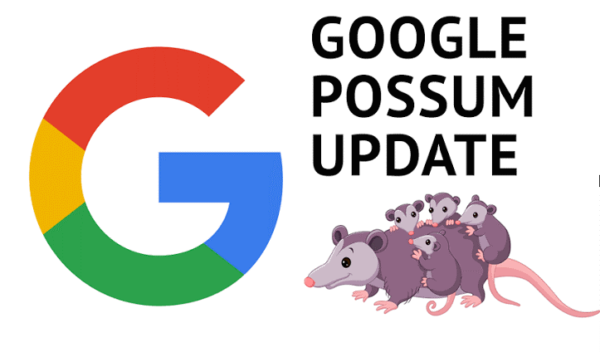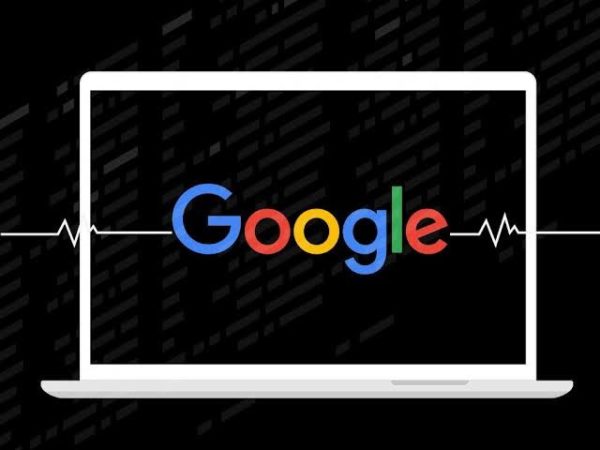Google algorithms are sets of instructions that guide the retrieval of data from the search index and return the best possible results to users’ queries. The Google Search Engine incorporates a complex combination of algorithms, ranking signals, and tools to deliver webpages to its users based on their relevance and quality.
Like any other technologically advanced system, the Google algorithm goes through some significant changes almost every single day. Some are subtle and will not have a considerable impact, but others are so major that it is essential for you as a website owner to know that they exist and understand what impact they have on the Search Engine Page Results. This article will highlight serious changes in Google Algorithm history, along with their consequences and penalties
Panda:
Date launched: 24th February 2011
What to avoid: plagiarized or thin content, keyword stuffing, and user-generated spam
Panda is a type of filter that assigns a quality score to web pages. This score is crucial as it is also used as a ranking factor. Before, it was a filter separate from the mainstream algorithm, but now it has been incorporated into the main algorithm, so it is not going anywhere.
To adjust your site to meet the minimum requirements by Panda, check your site often for thin or duplicate content, and keyword stuffing. You can use a robust tool like Website Auditor or Copyscape to weed out such hazards and keep your site Panda-compliant.
If you are running an e-commerce website, try to have original images and take advantage of your clients’ reviews to make your products stand out.
Penguin:
Date Launched: 24th April 2012
What to avoid: links with overly optimized anchor texts and spammy or irrelevant links
The main function of Google Penguin is to penalize the site with links it deems to be manipulative or of no use to the reader. It was incorporated into the mainstream Google algorithm in 2016 and worked in real-time.
To ensure your website meets the minimum requirements of this algorithm, audit your website using backlink checkers like SEO Spyglass. SEO spyglass is a reliable tool that considers all of Penguin’s statistics and requirements. If you choose to use this auditing tool, it will highlight all the areas that need checking using a process graph. Every spike you see is a backlink you have gained unexpectedly and needs checking.
You can also check your Linking Domains dashboard, where the Linking Penalty Risks tab will lead you to a Penalty Risk section where all your backlinks will be assigned a score. Be sure to investigate every link with a score above 50%.
Hummingbird:
Date launched: 22nd August 2013
What to avoid: keyword stuffing and shallow content
Hummingbird is an update that helps Google understand its users’ queries better and offer results that best meet their requirements more than just returning results with the individual keywords.
Keywords are still essential, but with Hummingbird, Google can yield results that are more relevant to what the user requires based on natural language processing concepts and co-occurring terms and synonyms. Hummingbird will reward content that is more engaging and useful to your readers.
To adjust your website, focus more on the concepts and relevant information in your niche rather than keywords. Carry out more thorough research on co-occurring terms, related searches, and, of course, your area of interest. You can find helpful ideas in tools like Rank-Tracker that will help you find keywords that are more relevant to your target audience.
Pigeon:
Date launched: July 24th, 2014 (US); December 22nd, 2014 (Canada, The UK, and Australia)
What to avoid: Low quality on and off-page SEO
Pigeon pays attention to a user’s location while returning results to their queries to ensure that they are more relevant. This update creates closer ties between local and the core algorithm, and places emphasis on the importance of traditional SEO when ranking local results.
To adjust your website, you want to pay attention to the main aspects of both on-page and off-page SEO. Use tools like to determine issues of your website that need optimizing. In terms of off-site SEO, consider getting listed in relevant business directories. Such listings improve your authoritativeness, act as high-quality backlinks, and rank favorably in Google themselves.
Mobile:
Date launched: 21st April 2015
What to avoid: lack of mobile responsiveness, not having a mobile version of your page
The Mobile update of the Google Algorithm, as its name suggests, ensures that all websites that are mobile-ready ran at the top of mobile search results, while sites that do not conform to these standards are either filtered out or downranked. In an era where most searches are done using mobile, failure to have a mobile-ready website can seriously cost you money and organic traffic.
To fit the Mobile update requirement, consider using Google’s mobile-friendly test. A tool like a Website Auditor has this test ingrained into its Content Analysis>Page Audit>Technical Factors section. This test will show you all the areas of your mobile-ready website version that need improvement.
RankBrain:
Date launched: 26th October 2015
What to avoid: Bad UX and lack of query-specific relevant features
RankBrain is a machine learning project that aids the Google algorithm to understand the meaning of users’ queries and return the best results concerning each question. RankBrain is the third-most important ranking factor, and its primary role is to identify the most relevant features for users’ questions and use them to rank websites accordingly.
To ensure that RankBrain favors your website in the SERPs makes a real effort to ensure that your website’s content is comprehensive and relevant, and offers real insight towards its topics. You can Also, use a tool such as a Website Auditor’s TF-IDF. Its competitive analysis approach will show you the concepts and terms used by your high-ranking competitors so you can leverage them in improving your website.
Possum:
Date launched: 1st September 2016
Possum is an update meant to make users’ results more relevant as per their location; the closer you are to their site, the more likely they will find your website on their findings. Thanks to Possum, there is variation among searches that otherwise seem similar, like ‘Hair Salon in Charlotte.’ It also boosts businesses that are outside the search city area.
To appear relevant to Possum, you need to do location-specific rank tracking and expand your keyword list.
Fred:
Date Launched: 8th March 2017
What to avoid: Shallow, ad-centered, and affiliate massive website content
Fred finds and penalizes websites that violate Google’s Webmaster guidelines for quality content. Websites that find themselves victims of Fred are those that appear to be shallow, low-quality blogs with content generated solely for generating ad revenue.
If you show ads on your websites, ensure that they show relevant, high-value content in addition to the ads. Also, read through Google’s Search Quality guidelines and ensure that none of your posts have low-quality and thin content.
Bidirectional Encoder Representations from Transformers (BERT):
Date Launched: 25th October 2019
Google recently announced the BERT update and called it the most significant change to the algorithm in the past five years. Just like RankBrain, BERT models are a guide used by Google to understand users’ queries better, only in the context of language.
BERT affects both featured snippets and search rankings and will be used on 10% of U.S English Searches. BERT processes natural language aspects such as parts of speech like prepositions, pronouns, and so on, to return the best results to users that feel most natural to them. It is a machine learning project that helps the machine learn what the words in users’ searches mean along with all the nuances of context.
However, Google emphasizes that there is nothing to optimize for with BERT. Still, you may want to avoid ambiguity and ensure that the language and grammar you use in every post is in order.
The Medic Core Update:
Date Launched: 1st August 2018
What to avoid: lack of authority and expertise in your niche, lack of quality internal linking.
Google did not confirm the sole purpose of this broad core update, though it did have a significant effect on websites that offer health, nutrition, and medical advice; or YMYL (Your Money or Your Life) pages. After this major update was implemented, some medical and health websites had a fall of up to 70% in traffic.
The sites that were affected had these issues:
• Many negative users’ review
• Promoting or selling products that have potentially adverse health effects
• Lack of authority in their area
• Lack of positive reputation when compared to competitors
To meet the requirements of the Medic Core Update, you need to pay extra attention to the E-A-T (Expertise, Authoritativeness, and Trust) component of your website. We also need to improve the quality of your internal links. The update also impacts e-commerce, tech, and finance sites as well, so beware if your website is in these inches too.
Conclusion:
Optimizing your website as per the above Google algorithm updates will ensure that your site remains within the top ten positions.




